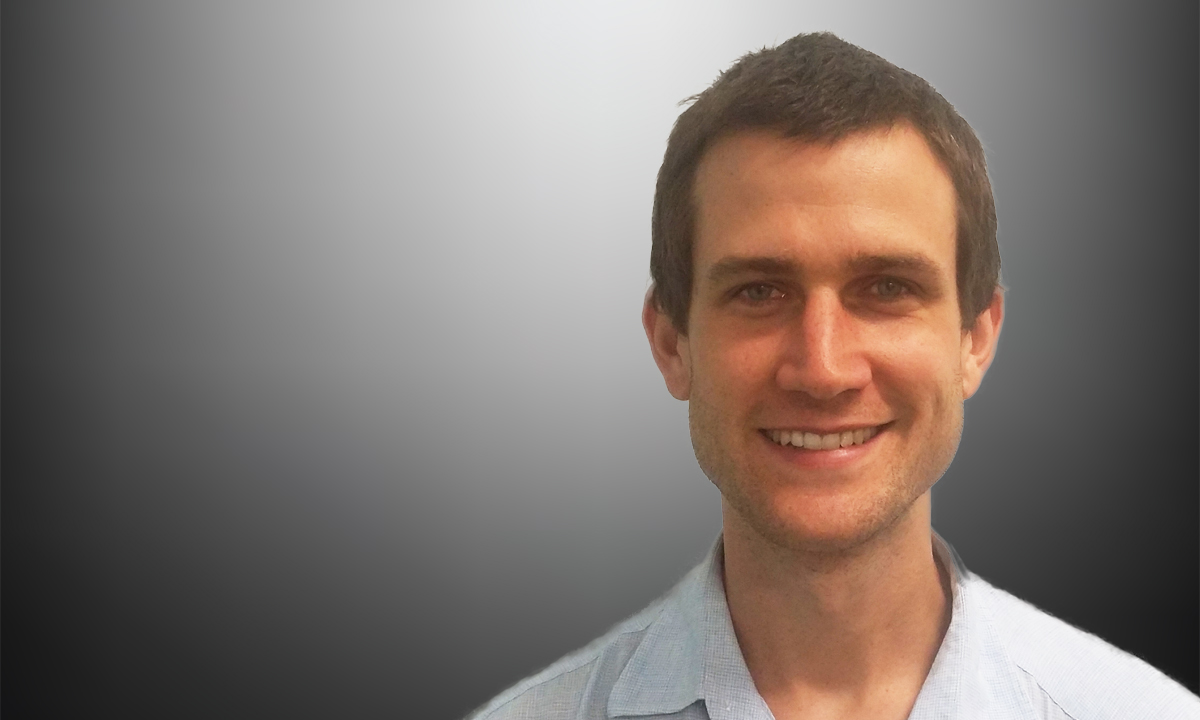I AM wrapping up my medical degree in a small rural hospital in the Western Province in Papua New Guinea (PNG). In its cramped, dirty and poorly-equipped operating theatre, a portrait pinned to the wall depicts a radiant Jesus working alongside a surgeon in a posture of fraternal complicity.
To an Australian this portrait seems at best quaint, at worst faintly disturbing, but here they don’t share our suspicion of religion and medicine getting mixed up with each other.
It must be a comfort to believe that a surgeon — unaffected by fatigue, distraction or any other sort of human folly — acts as an instrument of a divine power. It’s touching and a little frightening to imagine having so much faith in a fellow human being.
At home, we put our faith in the individual choices we make, and our greatest fears are that we will make a bad one or be faced with an impossible one. We struggle to imagine having no choice at all because we believe that the meaning of our lives is wrapped up in our ability to make our own decisions.
Our belief is a strength but also a burden. It is the curse of consent, that when medical procedures turn out badly we suffer twice, both from the consequences of the failure and from our share of the responsibility for having consented to them in the first place.
Patients here in PNG require objects of faith that extend beyond themselves.
They undergo much more complicated procedures than we do in facilities that are much less well equipped to perform them because they have no other option. An elective procedure here, to use an example, could mean an open prostatectomy after having lived with a urinary catheter inserted permanently over a period of 7 years.
This is a real example. Prior to his operation this patient needed a spinal anaesthetic.
Because of a shortage of supplies, the spinal needles are sterilised and re-used. It took some time to insert the blunted needle and when it failed at first to pass into the spinal canal, the patient was scolded by the anaesthetist for not arching his back into the correct position.
An open prostatectomy, when compared to a laparoscopic procedure, is brutal. After his operation, the patient lay on the ward with a plastic sheet under him to collect fluids from his body.
The following day, the sheet hadn’t been changed and a single fan laboured overhead, its blades making a feeble attempt to cut through the tropical heat.
It was a scene that elicited a strong desire in me to flee towards fresh air and sunshine. When I resisted that urge and walked over to him, the patient looked up at me and his face broke into a happy grin.
This man couldn’t accept that the meaning of this predicament lay in decisions he had made or not made. He needed something with more charge, perhaps a vision of a saintly touch on a surgeon’s hand guiding it away from a vital artery and towards a strangled urethra.
Later that same week, we had a respiratory arrest on the ward. It was a harrowing experience, made worse by both a lack of equipment and of staff trained in the use of it. Much of the sound and fury that occurs in a hospital can seem futile. But nothing seems as futile as attempting to ventilate a patient, who has stopped breathing, with a leaky and broken bag-valve mask that is not connected to an oxygen source.
When the doctor finally arrived, he took over CPR and pumped away furiously at the chest for about a minute. It looked a little flamboyant, which was appropriate as a sizeable audience had gathered to watch.
The doctor’s part in it, which he knew well, was like a ritual of the high church, guaranteed to inspire awe, mystery and fear among his congregation.
I can’t fault him. He understands his role better than I ever could. And he knows that on a nearby wall there is an image of a surgeon that he is under a great deal of pressure to live up to.
James Dando is a final-year medical student currently on placement in PNG
Latest from doctorportal:
- Study says 13 cancers linked to obesity
- More doctors opting for specialist roles
- Aleppo’s dying children and shattered health system: is there light at the end of the tunnel?
- Cardiac machines linked to infection

 more_vert
more_vert